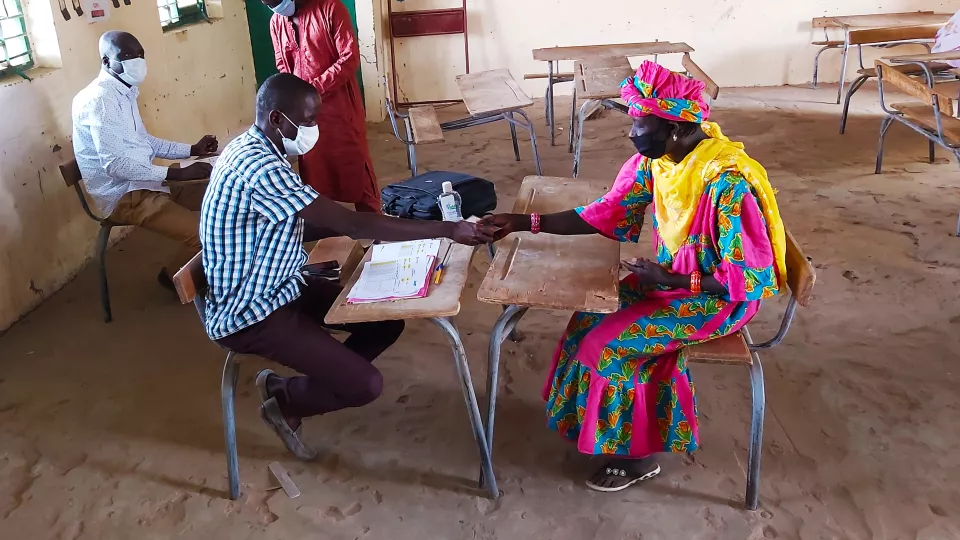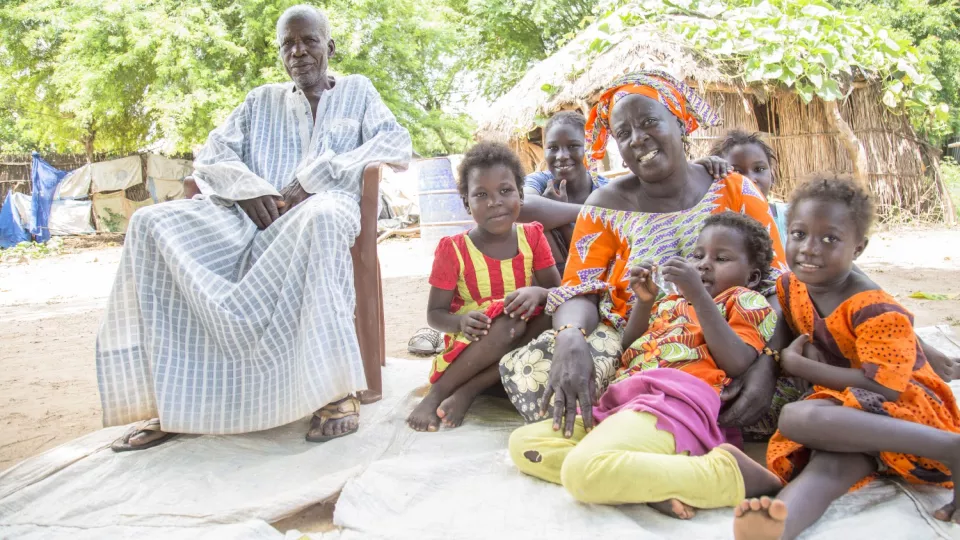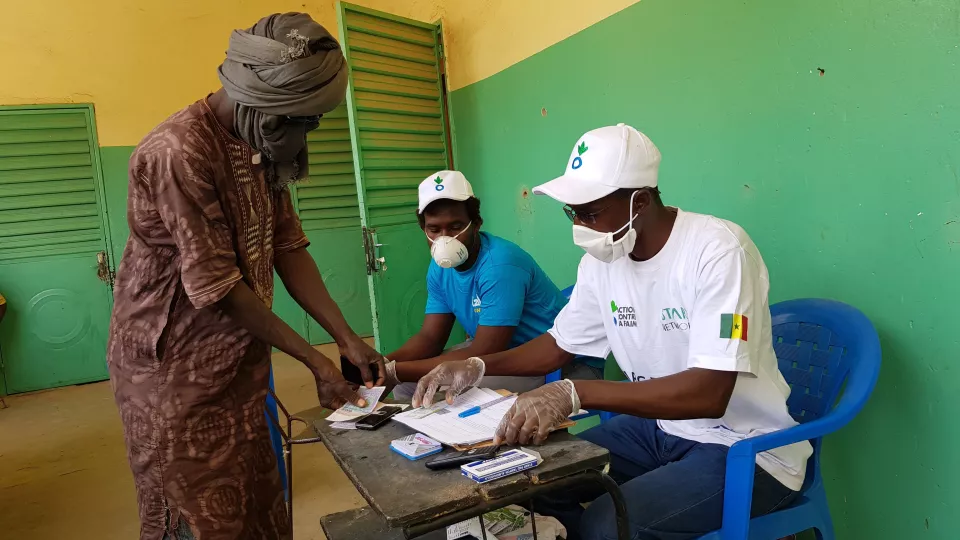VAINCRE LA SÉCHERESSE : UNE CRISE ÉVITÉE AU SÉNÉGAL
Bien qu'il soit possible de prévoir une sécheresse plusieurs mois à l'avance, l'aide humanitaire est souvent retardée, car une fois la crise survenue, il faut du temps pour collecter des fonds.
Bien qu'il soit possible de prévoir une sécheresse plusieurs mois à l'avance, l'aide humanitaire est souvent retardée, car une fois la crise survenue, il faut du temps pour collecter des fonds.
Although drought can be predicted months in advance, humanitarian assistance is often delayed – because it takes time to raise funds after the crisis has happened.

As part of the evaluation of ARC Replica, in-depth interviews were held with households to better understand the timing and impact of the assistance. These interviews suggested that the start of lean season is not homogenous across Senegal.
As part of the ARC Replica evaluation, in-depth interviews were held with households to better understand the timing and impact of the assistance. The assistance of cash and fortified flour distributions were timed to align with an assumed lean season of June-August. However, interviews with households suggested that the start of lean season is not homogenous across Senegal. These differences are supported by hydrogeological differences across the country and suggest that a staggered rather than uniform distribution may be more appropriate in order to support households in a timely manner.

A new report published today demonstrates how insurance can help governments and organisations to predict and proactively manage climate-related humanitarian risks at scale. The report, published by Start Network, a global collaboration of humanitarian NGOs, is based on a comprehensive evaluation of its programme in Senegal, which utilised a ‘parametric insurance’ policy to pay out before the worst effects of a drought were felt.

Un nouveau rapport publié aujourd'hui montre de quelle façon les assurances peuvent aider les gouvernements et les organisations à prévoir et à gérer de manière proactive et à grande échelle, les risques humanitaires liés aux changements climatiques. Ce rapport publié par le Start Network, un réseau mondial d'ONG humanitaires, se base sur une évaluation exhaustive du programme mené par le réseau au Sénégal, qui a utilisé une police d'« assurance paramétrique » pour verser une indemnité avant que les pires effets d'une sécheresse ne se fassent ressentir.

In November 2019, the Government of Senegal and the ARC Replica partner, Start Network, qualified for an ARC insurance payout following the drought conditions that prevailed during the agricultural season. In October 2020, ARC and Start Network travelled to the village of Ndouff, located at 70km from Dakar, the Senegalese capital, to interact with the community on the benefits and impacts of the payout in their lives.
Coordination is one of the areas where the design of the Start Network’s ARC Replica pay-out in Senegal has been most ambitious.

The Start Network’s $10.6m ARC Replica pay-out in Senegal is being used to support the food security and livelihoods of more than 27,000 households across seven regions of Senegal.
Through ARC Replica, Start Network has sought to introduce this new financing approach to the NGO community, while protecting communities at risk of drought in Senegal.